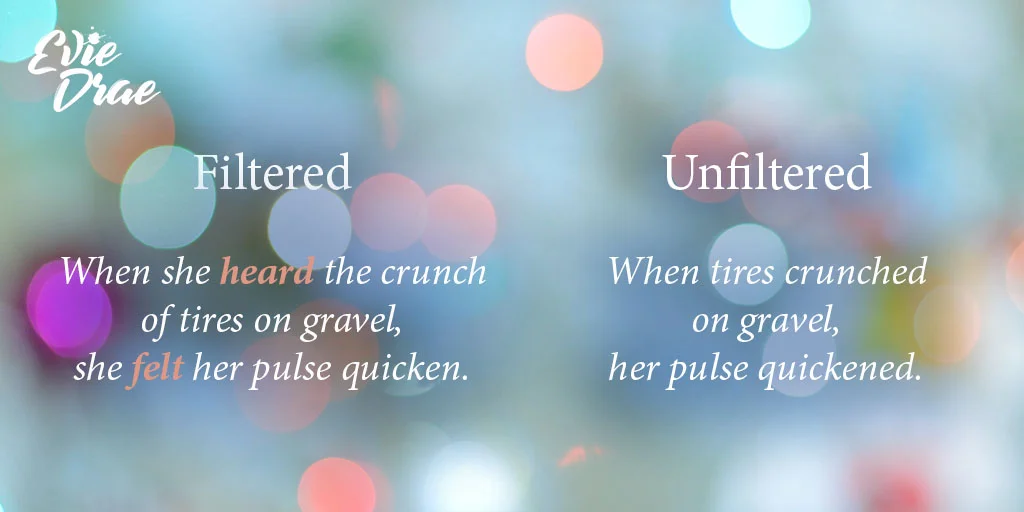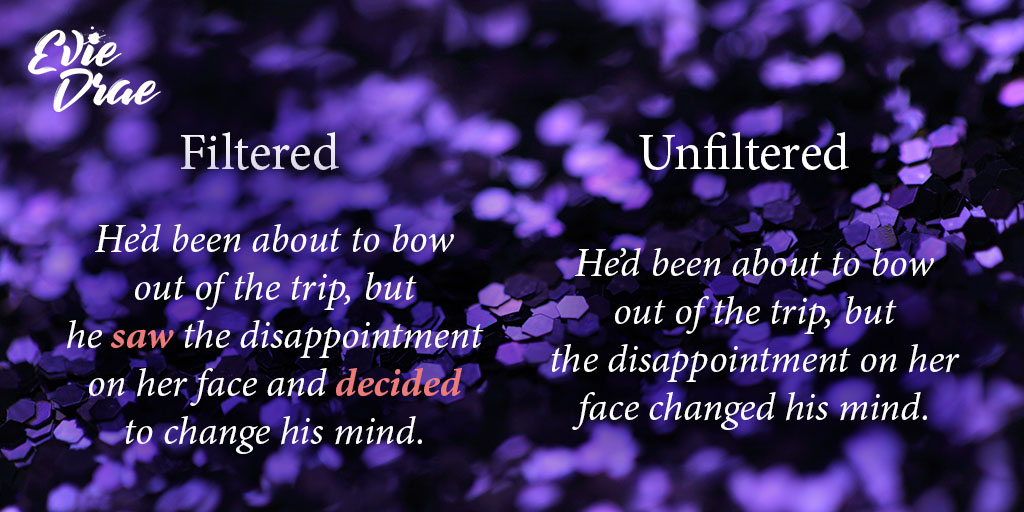CNTL F Editing: Filter Words
This is just my personal approach to editing… these words should not be taken as gospel. 💕
Okay, y’all, I’m going to start this week’s post off with a big ol’ flashing warning. Everything I’m about to discuss hinges on personal preference. I’m not saying these are the end-all, be-all rules of writing. Sure, a lot of them are accepted as “’the norm,” so to speak, but that in no way means you have to abide by anything I say. This is just one of my personal approaches to editing. 😃
So, now that’s outta the way…
There are many stages I go through when self-editing a manuscript. I plan to do some more detailed posts on those later. For now, I’m focusing on one of the final stages I lovingly refer to as “CNTL F Editing.” For simplicity’s sake, I’m going to further break this stage into a few different posts.
During this process, I retrieve my trusty list of words I have a tendency to overuse and abuse. (More on how to determine your own list in a bit.) Then, I pull up the search function in Word (i.e. CNTL F) and do everything in my power to destroy the little buggers. At least, where appropriate. I don’t perform a mass slaughter, but rather an instance-by-instance evaluation. Is the word needed there? Will it tighten and strengthen my prose if I remove it? Or will it ruin the meaning of the sentence? Each one must be addressed individually, which can be super tedious. But it’s worth it in the end, as I come away with a stronger manuscript with less fluff and more hard-hitting, page-turning pizazz.
Spend some time searching your own words to find those you routinely abuse.
Sadly, my list is long, and it never seems to get shorter.
During first draft writing, I let the words flow as they might—and they’re often a hot bloody mess. This is one of the reasons I save this process until the end. During edits, when I’m making large changes or inserting new scenes, etc., I tend to write using my first draft philosophy. Ergo, I wind up with chunks that require tightening and their own special editing attention nestled within the bits I’ve already attempted to polish and shine.
What if you don’t know what your “major offenders” are? No worries, home skillet. I gotchu.
First, let’s discuss one of the most amazing editing tools I’ve discovered (for this stage, especially). It’s called a word cloud. There are lots of free versions online, including this one, which is my tried-and-true go-to. You can download your document, or copy and paste the whole thing into the website. It’ll create a word cloud for you, complete with a detailed list of every word you used and how many times you used them. It’s easy to see glaring areas of overuse this way.
You can also ask your beta readers to take note of words they notice you overusing. Or just look out for them while you’re editing. Or read on and see if you can’t spot some of your favorites. 🤣 If you don’t see any this week, be sure to check back for other installments of the CNTL F Editing series. I’m sure you’ll find a couple hidden in at least one of my posts. Unfortunately, we’re all guilty of having favorite words we overuse. It’s a fun little writerly quirk.
So, let’s take a look at some of the well-known and “frowned-upon” words often abused by writers. These are words or phrases that show up in our writing but don’t really serve a purpose or contribute anything valuable. First up is… Filter Words. Dun, dun, dun!!!
Filter Words
These are words that unnecessarily filter something through your character’s POV rather than allowing the reader to experience it for themselves. These little guys are tricky, because as with every rule, there are exceptions here. Sometimes the only way to express something is through a filter word. But I would recommend you take a step back and make sure it’s necessary before you leave it there.
Filter Words Examples
Let’s take a deeper look at what I mean here with a few examples. I’m going to throw out the standard disclaimer. These words are taken directly from a very old MS of mine, written at a time where I knew little and was blissfully unaware. No judgement allowed. Also, I’m not going to edit beyond pulling out the filter words here. So, yes, there are still going to be some other glaring mistakes. I kindly ask you try your best to ignore them. (Or, ya know, laugh quietly to yourself. Whatever works for you.) 🤣
See how much tighter and cleaner the writing is? (Minus, ya know, my other glaring mistakes we won’t talk about right now…) Spend some time searching your manuscript for these words and play with rewording your sentences to remove them. I guarantee you’ll be thrilled with the results.
Until next time,
E 💕







